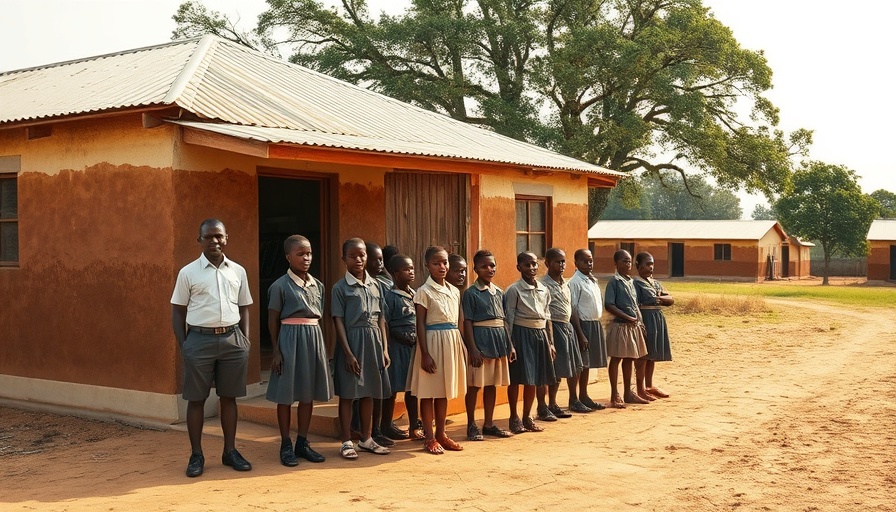
Closure of Schools During Ramadan: A Troubling Development for Nigerian Christians
In an unprecedented move, four states in northern Nigeria—Kano, Katsina, Bauchi, and Kebbi—have decided to close all schools for five weeks during Ramadan. This action not only affects Muslim children but also significantly impacts Christian students and raises alarm regarding religious freedom. The decision has sparked outrage among Christian leaders, who are deeply concerned about the implications for their community and the education system.
The Rights to Education at Risk
John Samuel, a legal expert from Open Doors, emphasizes that the right to education is a fundamental principle that should be honored regardless of a student's religious background. He observes that such closures set a dangerous precedent, potentially leading to further restrictions on rights for religious minorities. Prolonged school interruptions could escalate an already dire educational crisis, exacerbating the plight of millions of out-of-school children in Nigeria, a country already facing an alarming rate of educational deprivation.
What Is at Stake for the Christian Community?
The Christian Association of Nigeria (CAN) has called the closures excessive and discriminatory, arguing that they threaten the principles of equity and national unity. Archbishop Daniel Okoh, the CAN President, has highlighted that while various Muslim-majority nations adapt school schedules to accommodate Ramadan, the approach taken by these northern states risks deepening existing educational inequalities. CAN contends that students in other regions will continue to prepare for national exams while their peers in the affected states remain at home, thus widening the education gap.
Concerns Over National Secularism
Amidst these tensions, there are significant concerns regarding Nigeria’s secular status. The Nigerian constitution maintains that Sharia law should not infringe on the rights of non-Muslims; however, the reality suggests otherwise. Cases of discrimination against Christian students, including previous instances where Christian worship was banned in universities, highlight systemic biases that persist in some regions. Critics worry these closures are part of a broader trend of prioritizing religious preferences over constitutional rights.
Appeals for Government Intervention
Many are calling upon the federal government to intervene and safeguard the rights of all citizens, regardless of their faith or ethnic background. The bishops and advocacy groups seek a reconsideration of the decision, urging discussions that respect the rights and freedoms of all students. Archbishop Lucius Iwejuru Ugorji, representing Nigerian bishops, echoes the sentiment that the secular state should guide all aspects of national life and warns against further entrenchment of religious policies that may alienate minority communities.
The Global Perspective on Religious Observances
Comparisons have been drawn to how other Muslim-majority countries manage educational activities during Ramadan. Nations like Saudi Arabia and the United Arab Emirates have adopted flexible school hours that permit students to participate in both their educational and religious obligations. This raises questions: why can't the northern Nigerian states adopt a similar approach? It seems reasonable to merge respect for faith with educational commitments.
As the situation unfolds, the voices of Nigerian Christians and their allies become essential in advocating for fairness and justice within the country’s educational system. While the call for dialogue continues, we must remain aware of the possible consequences these decisions have on future generations.
Join us in calling for protective measures that uphold the right to education for every child in Nigeria. Let’s advocate for policies that respect both religious diversity and educational opportunities.
 Add Row
Add Row  Add
Add 








 Add Row
Add Row  Add
Add 

Write A Comment